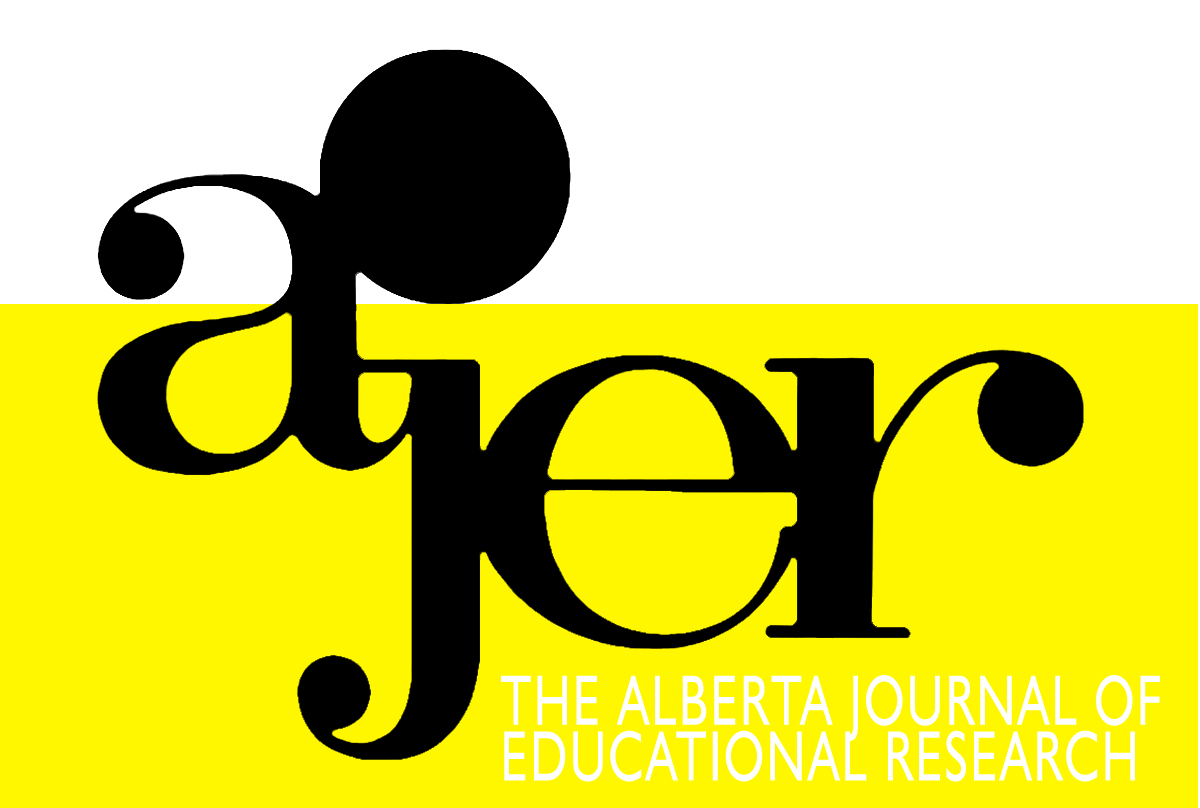The Design and Validation of a Self-Report Survey Examining Postsecondary Students’ Perceptions of Success: The Perceived Success in Study Survey (PSISS)
DOI:
https://doi.org/10.55016/ojs/ajer.v68i3.72816Abstract
Postsecondary students' well-being is closely linked to success, which has predominantly been viewed from institutional perspectives rather than student experience. Addressing this gap, students and educators at a New Zealand postsecondary institution identified elements of overall success. Two existing measures were integrated with the student/educator feedback to form a 27-item questionnaire that was piloted twice via social media using snowball recruitment (n=225, n=237). There was strong internal consistency, and factor analysis identified five main factors of influence. The survey is found to be a comprehensive measure of perceptions of success and could be useful in identifying learners' levels of success-promoting attitudes and strategies, which may be of particular relevance during the COVID-19 pandemic
Keywords: Motivation; perceptions of success; self-efficacy; student wellbeing; work-life balance
Le bien-être des étudiants de l'enseignement postsecondaire est étroitement lié à la réussite, qui a été principalement considérée du point de vue des établissements plutôt que de l'expérience des étudiants. Pour combler cette lacune, des étudiants et des éducateurs d'un établissement postsecondaire de Nouvelle-Zélande ont identifié les éléments de la réussite globale. Deux mesures existantes ont été intégrées aux commentaires des étudiants et des éducateurs pour former un questionnaire de 27 éléments qui a été testé deux fois via les médias sociaux en utilisant le recrutement en boule de neige (n=225, n=237). La cohérence interne était forte et l'analyse factorielle a permis d'identifier cinq facteurs d'influence principaux. L'enquête s'est avérée être une mesure complète des perceptions de la réussite et pourrait être utile pour identifier les niveaux d'attitudes et de stratégies de promotion de la réussite chez les apprenants, ce qui pourrait être particulièrement pertinent pendant la pandémie de COVID-19.
Mots clés : motivation ; perceptions de la réussite ; auto-efficacité ; bienêtre des étudiants ; équilibre entre vie professionnelle et vie privée.
This article was accepted under the guest editorship of Dr. Man Wai Chu, University of Calgary, and Pei-Ying Lin, University of Saskatchewan.
Downloads
Published
Issue
Section
License
UNIVERSITY OF ALBERTA COPYRIGHT LICENSE AND PUBLICATION AGREEMENT
If accepted, authors will be asked to sign a copyright agreement with the following points:
A. Where there is any inconsistency between this Copyright License and Publication Agreement and any other document or agreement in relation to the same subject matter, the terms of this Agreement shall govern.
B. This document sets out the rights you are granting in relation to publication of your article, book review, or research note entitled (the “Article”) through inclusion in the academic journal titled Alberta Journal of Educational Research (the “Journal”) published through the Faculty of Education, representing the Governors of the University of Alberta (the “Journal Editor”).
C. There will be no payment to you for this publication and grant of rights. In consideration of the agreement to publish the Article in the Journal:
1. You are warranting that:
- the content of the Article is your original work, and its content does not contain any material infringing the copyright of others; or, where the Article is not entirely your original work, you have obtained all necessary permissions in writing to grant the rights you are giving in this agreement;
- the content of the Article does not contain any material that is defamatory of, or violates the privacy rights of, or discloses the confidential information of, any other person;
- the Article has not been published elsewhere in whole or in part, and you will not allow publication of the Article elsewhere without the consent of the Journal Editor;
- the names of all co-authors and contributors to the Article are:
2. You agree to license the copyright in the Article to the Journal Editor, on a worldwide, perpetual, royalty free basis; and to the extent required by the terms of this agreement. You shall retain the right at all times to be acknowledged as the/an author of the Article.
3. You further agree that the Journal Editor has the entitlement to deal with the Article as the Journal Editor sees fit, and including in the following manner;
- The right to print, publish, market, communicate and distribute the Article and the Journal, in this and any subsequent editions, in all media (including electronic media), in all languages, and in all territories, ing the full term of copyright, and including any form of the Article separated from the Journal, such as in a database, abstract, offprint, translation or otherwise, and to authorize third parties to do so;
- The right to register copyright of the Journal;
- The right to edit the Article, to conform to editorial policy as the Journal Editor sees fit.
4. If any co-author or contributor to the Article does not sign this agreement, the Journal Editor reserves the right to refuse to publish the Article.



